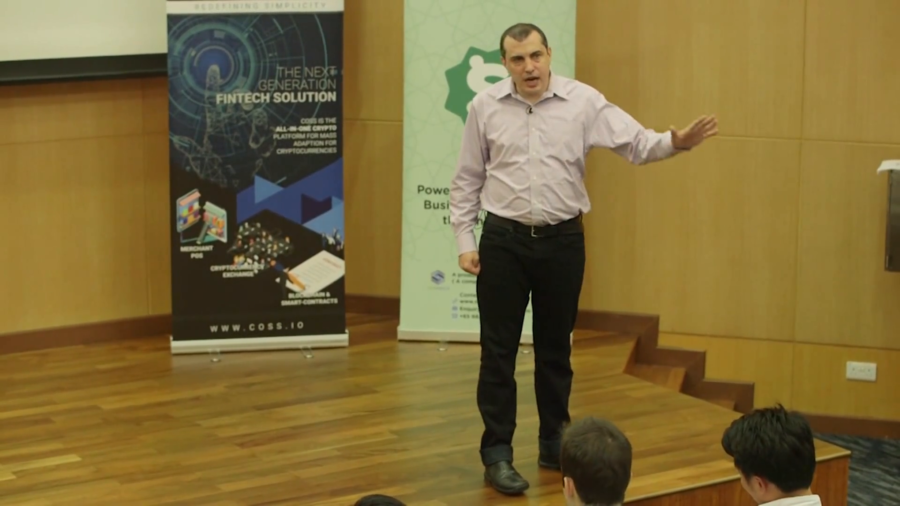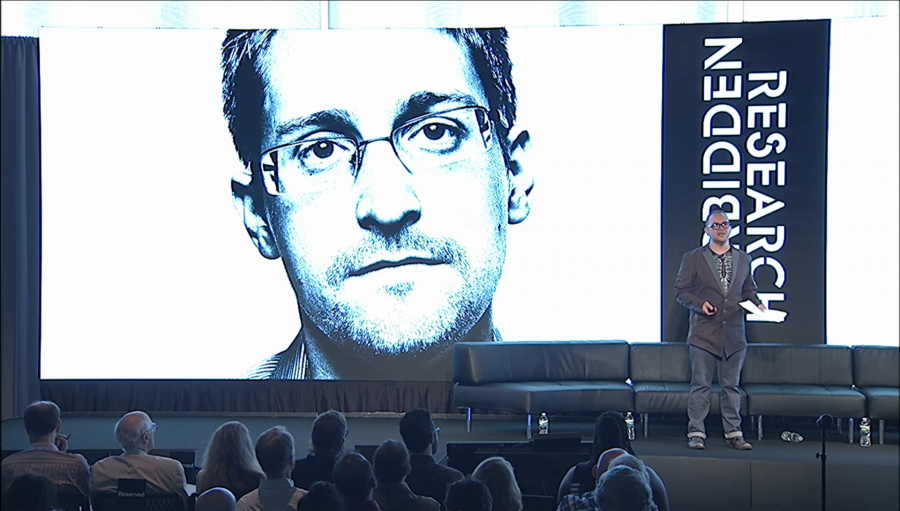The culture gap at the center of the debate we’re having today is a culture gap between people who build hardware and people who build software. And those cultures have been diverging since the 1950s.
Archive (Page 3 of 5)
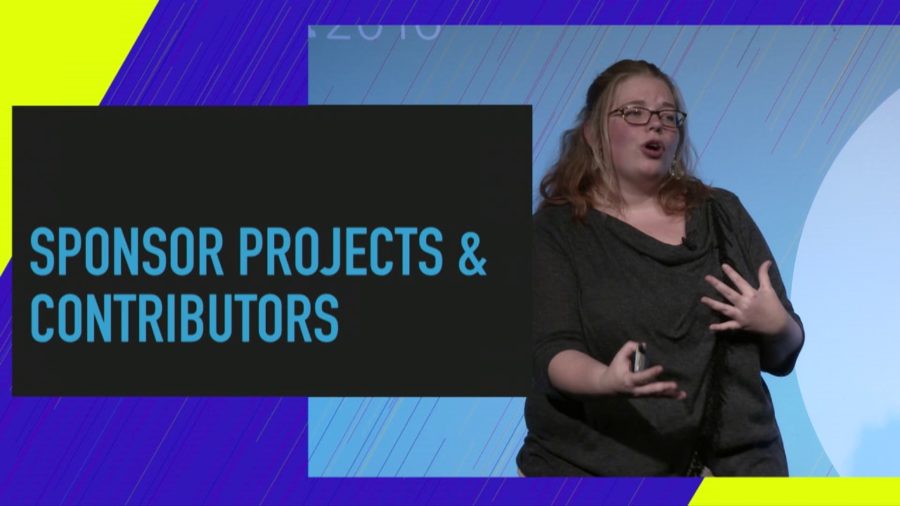
This talk is more about the coercion of labor into open source software. So I want to take a critical look at how we can engage businesses and other stakeholders in technology companies to begin to create a more equal and sustainable environment for all people contributing to open source.
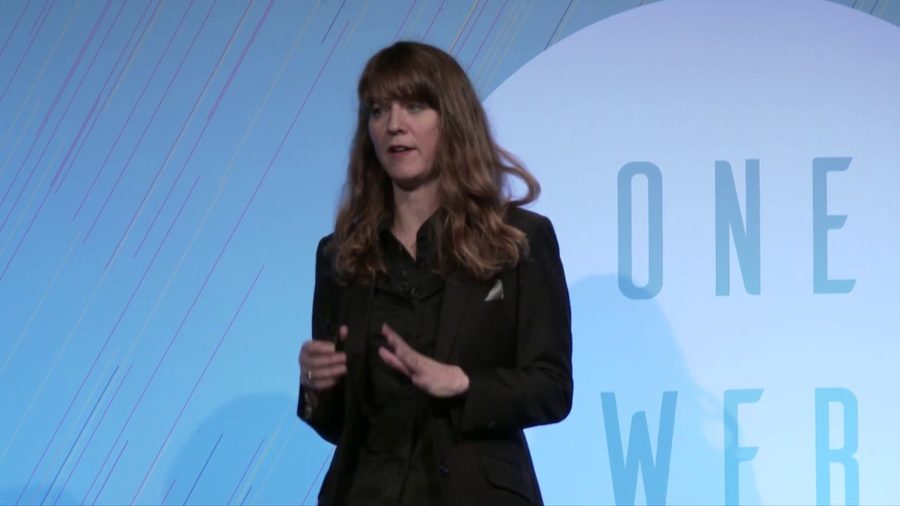
I think it’s deeply important that we add a working knowledge of business and business models to what it means to be web-literate. The sites that we use, there’s big money behind them, and there’s even bigger profit motives in front of them. We need to be able to think critically about where we build our communities, about what they’re doing with our data, and about when—not if—they monetize us.
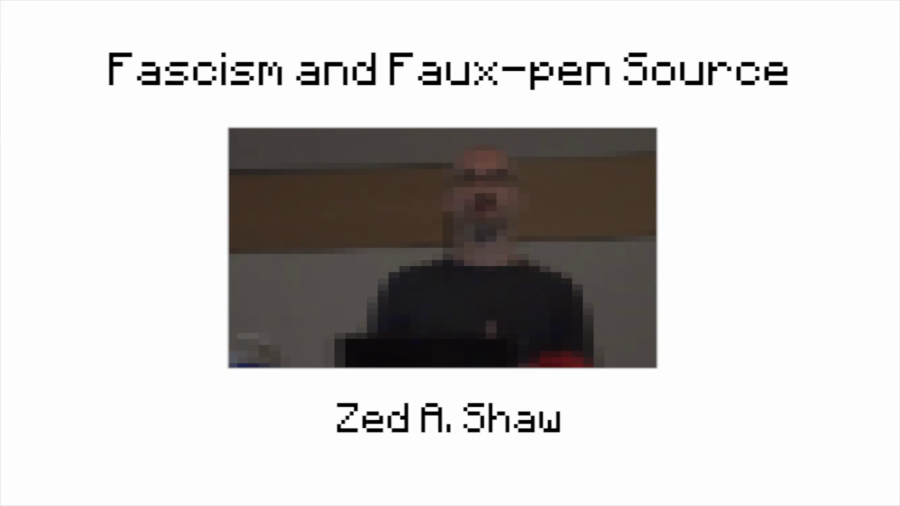
I’m going to teach you how to run your open source project in a fascist style. So friends, Ruby programmers, listen up. I discovered a revolution, a revolution in marketing open source. A revolution in marketing social media marketing. A revolution in promotion better than guy-liner. A revolution in you. It will change your life. It will change everyone’s life. The revolutionary technique is fascist propaganda.

Cities have become sites, places, for massive deployments of increasingly complex and all-encompassing technical systems, some of them good, some of them dubious.
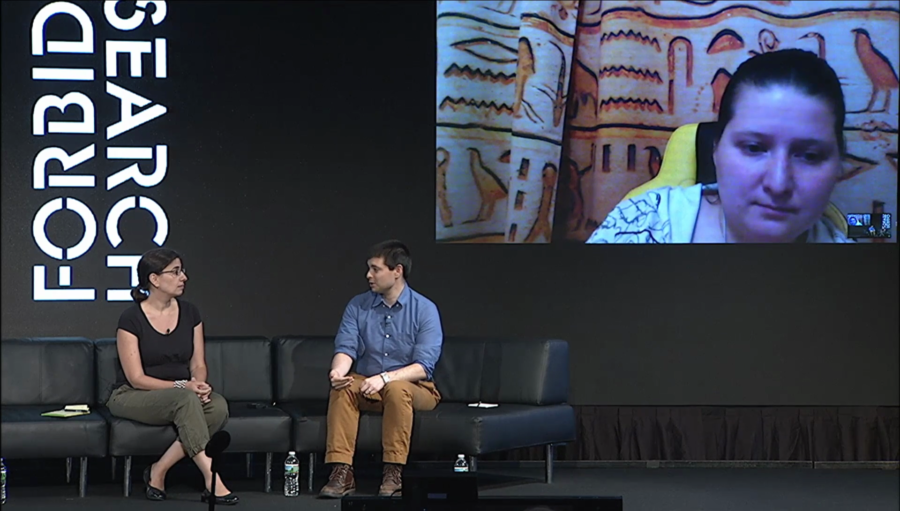
Quite often when we’re asking these difficult questions we’re asking about questions where we might not even know how to ask where the line is. But in other cases, when researchers work to advance public knowledge, even on uncontroversial topics, we can still find ourselves forbidden from doing the research or disseminating the research.
We’re at a thousand dollars per gigabyte, which is what current disk drives cost. The twenty terabytes that people estimate in ASCII that’s in the Library of Congress is just twenty million dollars. So that’s not very much money in terms of being able to store and retrieve the Library of Congress.
There are all of these wonderful laws that people have discovered and refined and proposed and proved over the years. And some of these laws can apply to the software projects and the teams and the communities that we work in every day.

